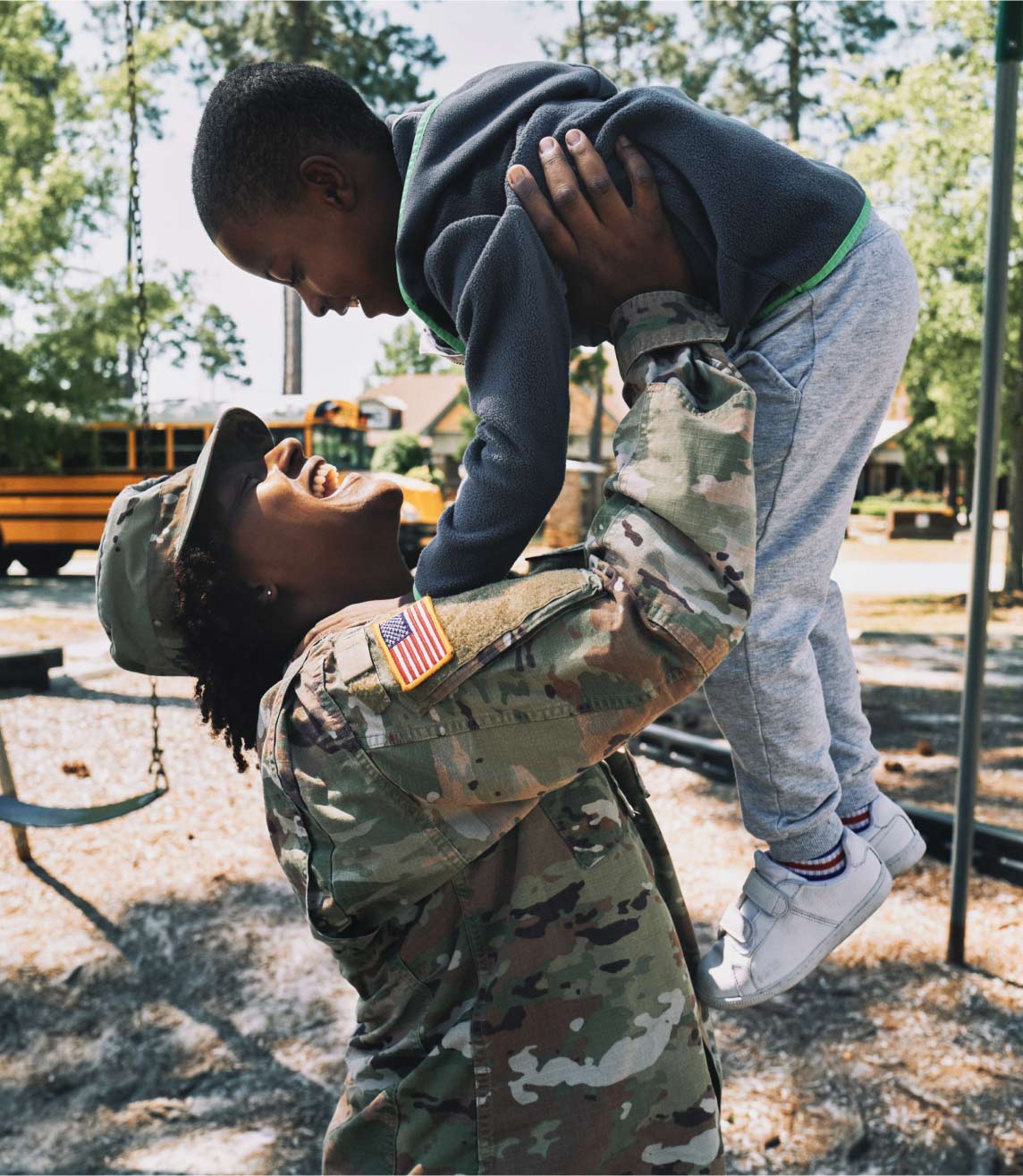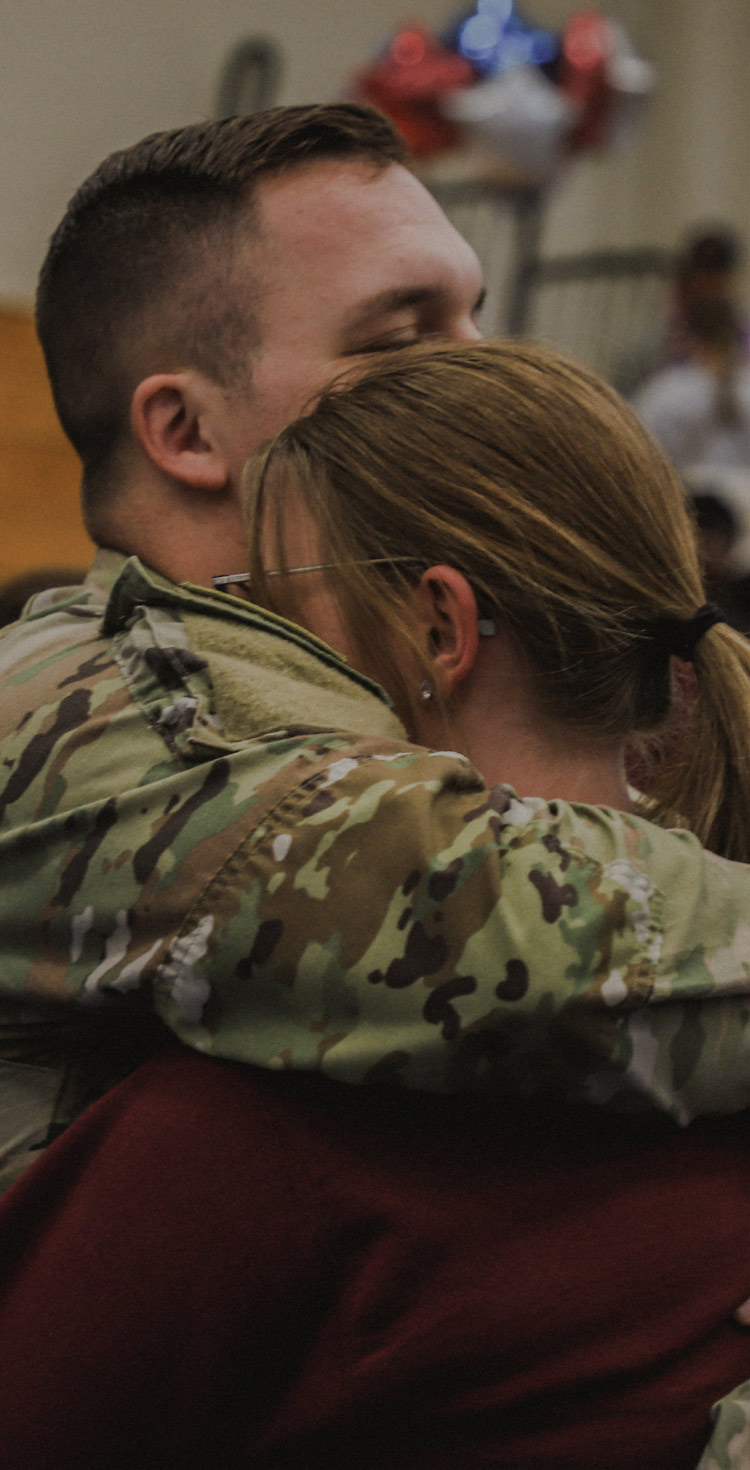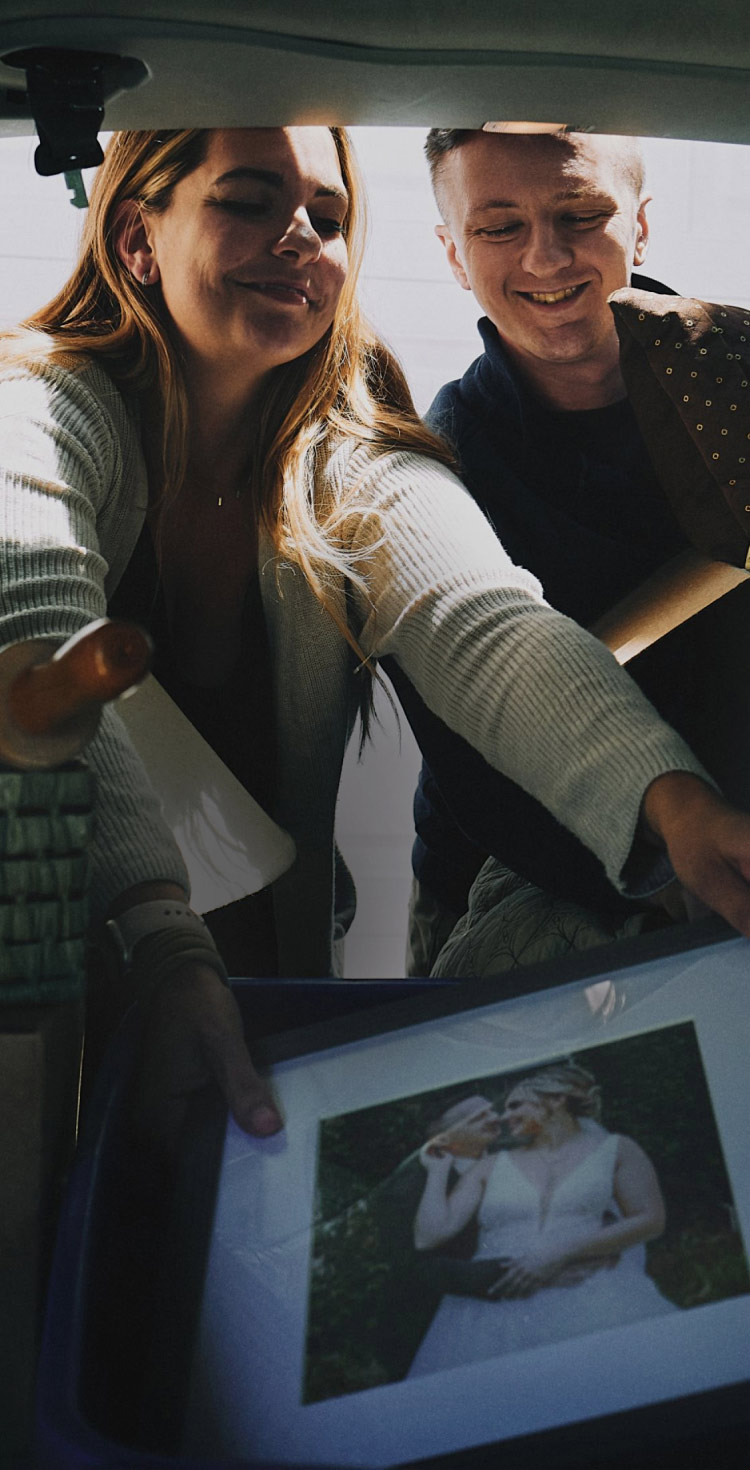We’ll always be here for you.
Although we do our best to anticipate and minimize danger, there’s a risk that comes with being a Soldier in the Army when deployments involve dangerous situations. That’s why we have dedicated counseling and support, along with federal Veteran Affairs (VA) programs, designed to sustain your mental health while serving in the Army, after your service ends, and for the rest of your life.

.jpg)

